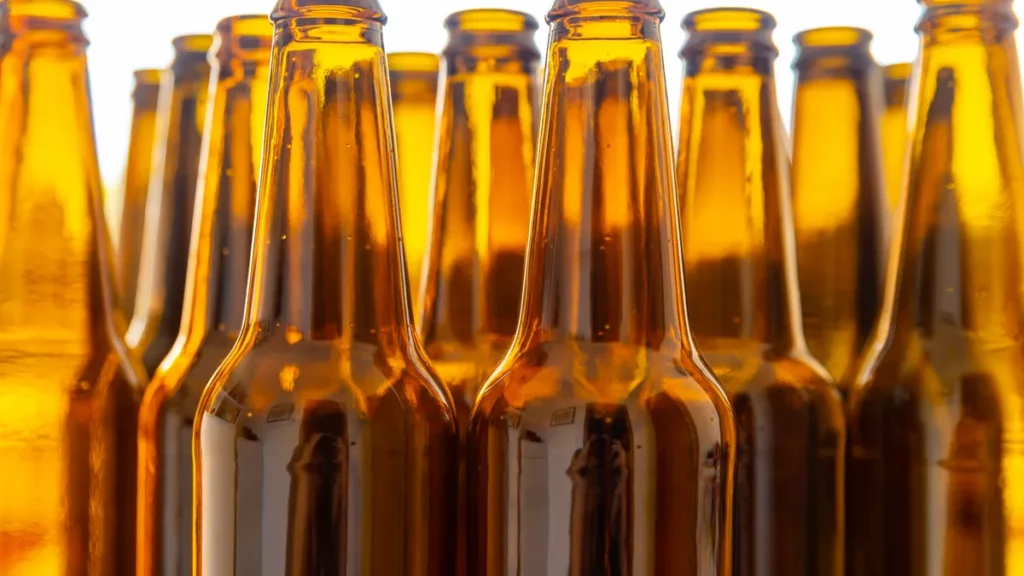FDA Issues Updated Spent Grain Rules
WASHINGTON, DC – The U.S. Food and Drug Administration (FDA) announced updated rules today on human and animal food controls that we believe adopt the Beer Institute’s position and prevent onerous regulation on how brewers market our spent grains. You can read the FDA’s revisions to the rule, made as part of the Food Safety Modernization Act, by clicking here.
Jim McGreevy, President and CEO of the Beer Institute, said, “We are gratified that the Food and Drug Administration listened to our concerns about their proposed rule. They have made the changes necessary for U.S. brewers to continue to market our spent grains as we always have – safely, with industry-best standards for testing, monitoring and management of the grains from the start of the brewing process. Brewers have enjoyed a centuries-long partnership with farmers who use our spent grains as animal feed, because of the standards that brewers start with, including the high quality of the grains we use to brew our beer.”
The Beer Institute has been working for two years with Members of Congress, regulators and allied organizations from dairy farmers to agriculture scientists in order to present a strong economic and scientific argument on this. (The Beer Institute is the national trade association representing brewers of all sizes, beer importers and industry suppliers like hops farmers and can and bottle manufacturers.)
Brewers’ spent grain exist as a natural and necessary result of the brewing process. For centuries, brewers, large and small, have disposed on their spent grain by giving or selling them to farmers and ranchers. This recycling process supports community green initiatives,
We will continue looking into this issue and will likely file additional comments in this new comment period.
Background on Brewers’ Spent Grain
- In 2012, U.S. brewers produced approximately 2.7 million tons of spent grains from brewing.
- The vast majority of spent grains used as animal feed are produced, distributed and consumed within 24 hours.
- Archaeological findings suggest that the practice of farmers feeding their animals spent grains supplied by brewers dates back to the Neolithic Era – making this relationship literally prehistoric.
- Brewers market their grains wet. It is impractical and capital intensive to dry and package spent brewers grains.
- The qualities of barley needed to brew beer exceed existing FDA standards for human consumption. In order to malt the barley for the purpose of brewing, the grains must meet exacting standards, and tested in the field – often as closely as acre-by-acre.
Additional Background
On March 31, 2014, the Beer Institute filed joint comments with the American Malting Barley Association in order to protect a centuries-old and environmentally-conscious practice of brewers marketing their brewers’ grain to local animal producers. Please click here to view the comments. On November of 2013, the Beer Institute filed two additional comments with the FDA regarding proposed FSMA regulations. The first comment, filed jointly with the Brewers Association, asked the FDA to add hops to the list of produce that is exempt from regulation under FSMA because hops are not consumed raw and are quite safe.
The American Malting Barley Association again joined the BI in our second letter last November – asking the FDA to exempt brewers’ spent grain from FSMA regulation for human food because they are safe and merely the byproduct of brewing.
The Beer Institute will continue following all developments with the FSMA and any proposed regulations that may impact U.S. brewers.
###
The Beer Institute is the national trade association for the American brewing industry, representing both large and small brewers, as well as importers and industry suppliers. First founded in 1862 as the U.S. Brewers Association, the Beer Institute is committed today to the development of sound public policy and to the values of civic duty and personal responsibility: www.BeerInstitute.org. Connect with us @BeerInstitute and on Facebook.













